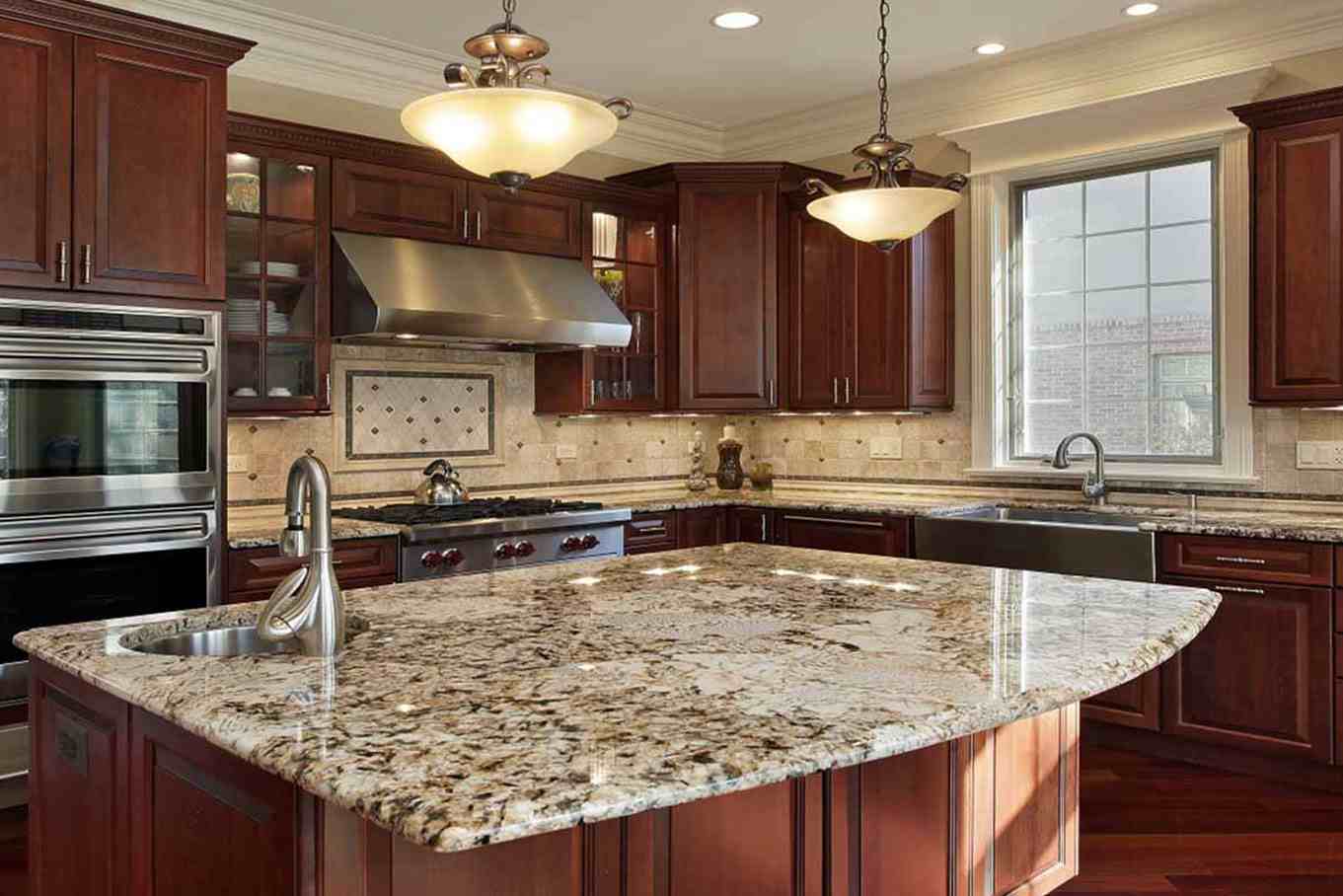7 Surprising Facts that You Didn't Know About Quartz Countertops
Quartz countertops are one of the top trending materials for new and contemporary kitchens. Homeowners all over the world are flaunting the lovely colours and designs of quartz countertops.
Here, in today’s post, we give you some of the interesting facts about quartz countertops. We hope that once you gain knowledge about these “new-age” materials, you can truly appreciate the unique features and functionalities of quartz.
#1: Quartz is a Unique Mix of Natural Stone and Manmade Materials
Unlike granite countertops, quartz isn’t a naturally occurring material. However, that doesn’t make quartz a man-made material. Wondering why?
This is because quartz countertops are a type of “engineered stone” made by binding ground-up particles of natural stone with space-age plastic resins.
The composition of Quartz countertops is 93% natural stone, and the rest made up of plastic resins, polymers, and artificial colours. This combination makes it possible to inject a wide array of colours and patterns into quartz countertops.
When you come across quartz countertop advertised as “7% resin,” it means that it has 93% natural stone by weight and the remaining 7% is made up of resins.
#2: Wide Range of Costs
You may have come across advertisements stating that “Quartz countertops are the pocket-friendly alternatives to granite.” While this is true, what matters is that quartz is available in an extensive array of prices.
The cost of a quartz countertop varies depending on several factors like the quality of the natural stone, the amount of natural stone, the thickness of the slab, colour and more.
So, while shopping for quartz countertops, make sure to consider all these factors apart from focusing on the price tag.
#3: All Quartz Countertops Supplied Worldwide Come from a Single Source
You may find this hard to believe, but it’s indeed the truth. The technology of manufacturing engineered stone slabs was introduced in the year 1963, by an Italian firm named as the Breton Company. The company trademarked this process under the brand name, Bretonstone. This company has licensed their innovative process to various brands around the world.
Popular quartz brands including Cambria, Silestone, Caesarstone all follow the technology introduced by Breton. The original process is as follows – blending pulverized natural stone compounds with a mix of polymers, followed by removing the air in the compound, which is then heated and shaped into slabs.
Though different Quartz countertop brands have added their own flair to the manufacturing process, all use the original patented process introduced by the Breton.
#4: Quartz and Quartzite aren’t the Same
While both quartz and quartzite sound similar and even appear similar – both are different materials. While quartzite is a natural stone, mined directly from quarries, quartz as mentioned above, is engineered.
Quartz countertops can be used directly, without worrying about sealing. On the other hand, you have to seal quartzite countertops to make them stain resistant.
#5: Quartz Countertops are Eco-friendly
Most people falsely assume that quartz countertops are “not green.” This is not true. Just like granite, quartz counters emit low levels of carbon, making them eco-friendly.
Additionally, the polymer resins used in the manufacture of quartz is plant-based, thereby making them big-degradable at the end of their lifecycle.
#6: Cleaning of Quartz Countertops is Super Easy
Quartz countertops require minimal maintenance. You don’t need any artificial chemical cleaners. Just regular lukewarm water, soap, and a soft cloth are enough to keep your quartz counters looking good as new forever.
#7: Quartz Counters are Stain Resistant
One of the biggest advantages of choosing quartz over granite is their stain resistance. Quartz is highly stain resistant compared to granite slabs. With that said, it doesn’t mean that you can leave spills and stains on your counter. The best practice is to clean up spills and stains as soon as they occur. This way, you get to keep your quartz counters new for a long time.
To avoid acidic stains from fruits and vegetables, make sure to use a cutting board. If a stain dries up, use a plastic scraper to remove it gently. Harsh chemical cleaning agents are a big no, as they contain abrasives that damage the surface of the stone.
Wrapping it up
As you can see, quartz countertops are an excellent option for modern, contemporary kitchens. Take a look at our
product gallery
to check out the extensive range of options. Make sure to
get in touch
with our sales team to pick the perfect quartz counter for your kitchen at the best possible price.





